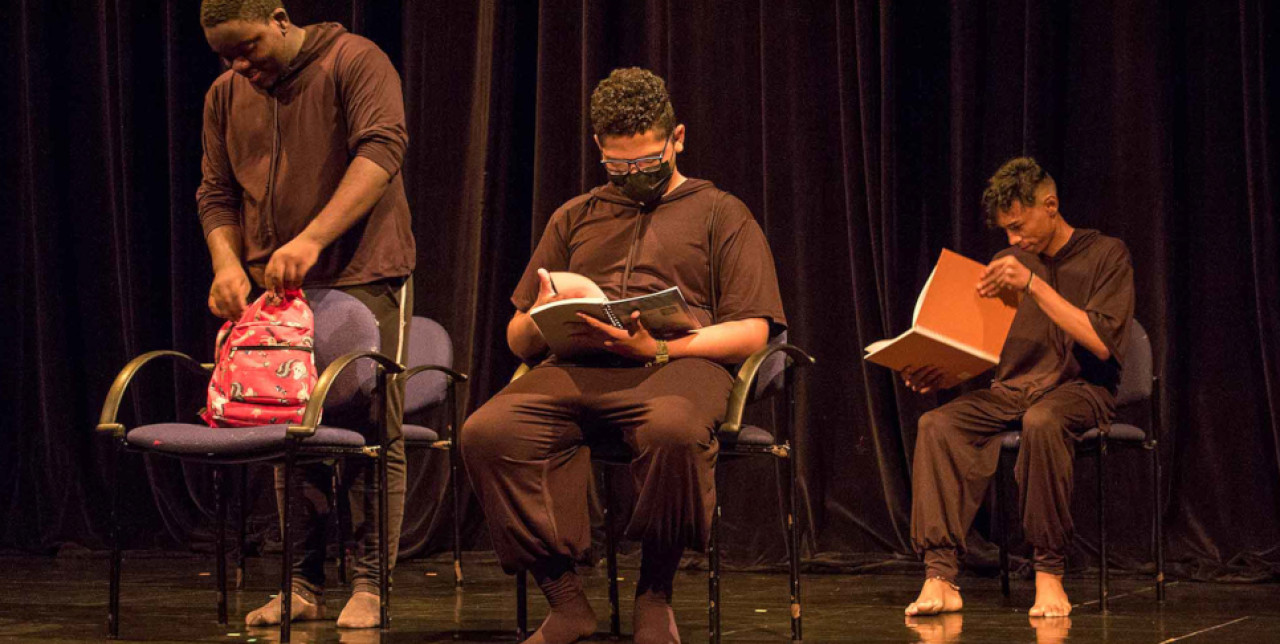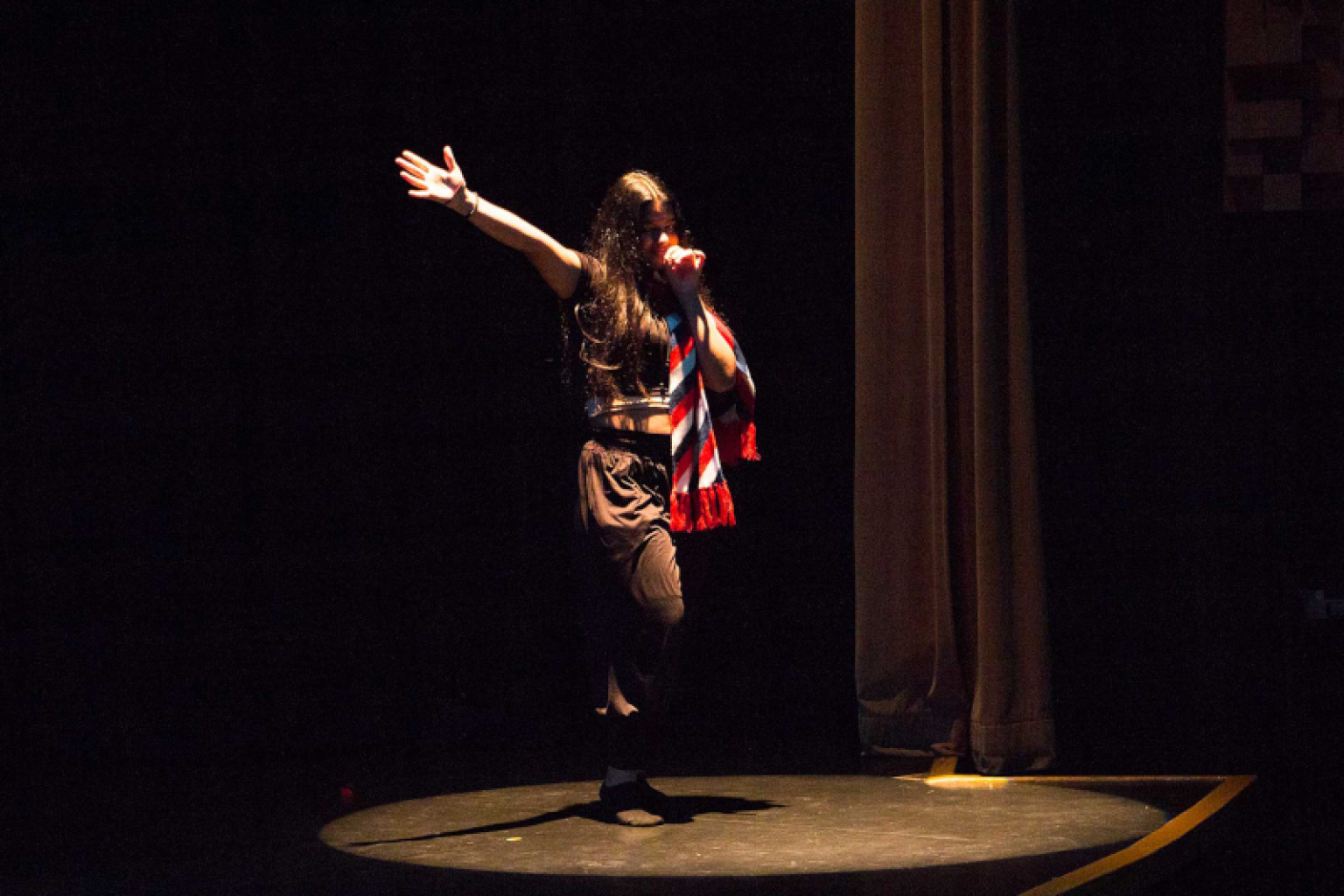20-11-2021 | di COOPI
Ecuador. COOPI joins the World Children's Day
In the framework of World Children's Day, COOPI - Cooperazione Internazionale joins this day to defend the rights of children and adolescents. Currently, together with UNICEF, itis implementing the project "Improved access to protection and security for children and adolescents in the context of human mobility and their families in transit and/or residing in Ecuador - PHASE 2", with the aim to provide local strategies for articulated urban action plans with a rights-based approach, by creating sustainable cities
Today, almost six million refugees and migrants from Venezuela are outside their country of origin, with Ecuador at the third place as a country with the largest migratory flow in the region, with more than 480,000 people. Therefore, it is essential to generate bonds of integration among the population as an important factor of social cohesion. In this sense, one of the direct interventions with children and adolescents deals with the promotion of social integration among young people in a situation of human mobility. The host communities shares this visione and, as Fernando Sinchiguano, COOPI Ecuador's protection Project Manager, says: "This activity leaves flags and conditions aside, everyone is equal, they integrate and enjoy their moment".
Through the Theater of the Oppressed and the Forum Theater technique, the adolescents build the collective creation of the play where the spectators can participate to share concerns, problems and aspirations of the community that suffers oppressions. "The creativity that is generated within the group fosters companionship, by turning the environment into a protective space where they can develop themselves, raise their self-esteem and have a critical voice", adds the COOPI’s project manager.
María Ángela is 16 years old and Venezuelan. She arrived in the province of Manabí (Ecuador) with her family just as the COVID-19 pandemic began: "I didn't know what Forum Theater was, and thanks to the activity, I have been able to meet more people and make friends. I had not socialized much with the people here, since I only spent time with my family because we could not go out, but the activity has given me the opportunity to learn about Ecuadorian culture".
Luis Leonardo, 11 years old, shares the opinion of his compatriot María Ángela, by adding that the Theater of the Oppressed allows "people to learn, have fun and share among different cultures". Luis , recognizes that during the development of this COOPI activity, he learned "how to treat people and to know the culture of each country", so he "would recommend this experience to other young people, because they can learn a lot". For Elkin Daniel, a 14-year-old Ecuadorian teenager, it was a new experience in which he has made new friends: "We have created ties between young people from the same neighbourhood […] I would recommend it, because it's fun, and they teach you physical and mental exercises.”
The Theater of the Oppressed allows adolescents to learn to deal with their own problems and develop their own skills. In this sense, the Theater of the Oppressed facilitates a space for reflection and interaction between children and adolescents in human mobility and host communities with the objective of preventing risky behaviours by promoting a meeting place for adolescents. So says Fernando Sinchiguano, who affirms: "This activity allows them to stay away from harmful and xenophobic behaviour, improving relations in the host communities and giving them a voice".
This is added to the fact that since the COVID-19 pandemic, face-to-face classes in Ecuador have been interrupted until a few months ago and,although in some parts of the country education continues to be virtual, it is affecting the digital gap of families who do not have access to the Internet or the appropriate technology for young people to take classes. According to UNICEF, 2 out of 3 households in Ecuador do not have Internet connection, while 43% of Venezuelan NNAs did not have access to formal education.
Also parents of the children agree that COOPI's Forum Theater was great for their children to socialize and interact, as proves Mario: "I learned that the children needed to let loose and be distracted and make new friends, ". "I found this COOPI activity to be excellent, as the children had not been involved in group activities for a long time due to confinement, and they were excited to be in contact with other peers, regardless of nationality" adds Anayelisth del Mar In addition, for this Venezuelan mother, the Theater of the Oppressed has taught her that "children should not be underestimated because they can give much moreand being locked up at home during the pandemic has caused many insecurities, so sharing other spaces has allowed them to develop qualities and feel important". On the other hand, the main learning for Jessenia, an Ecuadorian mother, was "to have more confidence in my daughter, since she developed on a personal and professional level: before she was a very shy person, and thanks to the activity she developed an independent way, that it really taught me to believe more in my daughter".
COOPI develops this activity and other actions to provide protection and security to children in six provinces of Ecuador: Sucumbíos, Carchi, Esmeraldas, Manabí, Guayas and El Oro within the project and thanks to the support of the European Civil Protection and Humanitarian Aid Operations (ECHO), and the Bureau of Population, Refuge and Migration degli Stati Uniti (BPRM) for the area of water, sanitation and hygiene (WASH).




 Ecuador
Ecuador
